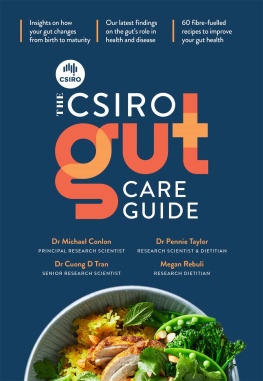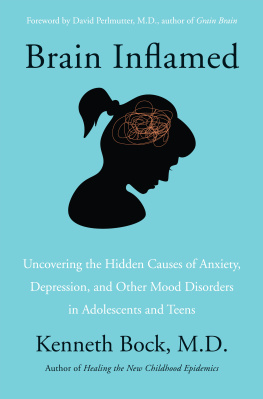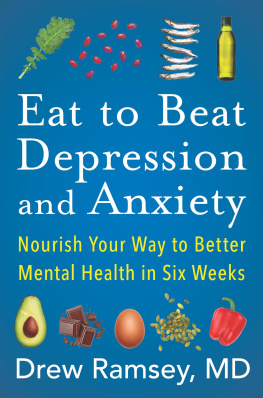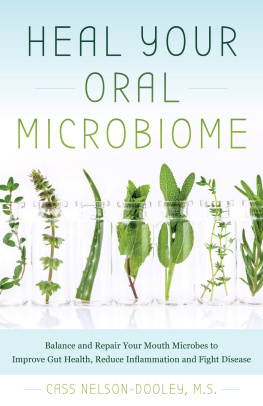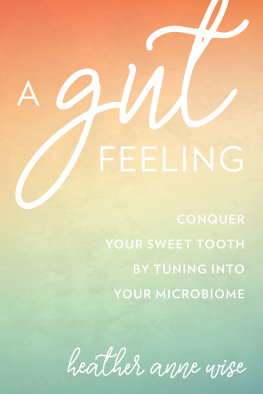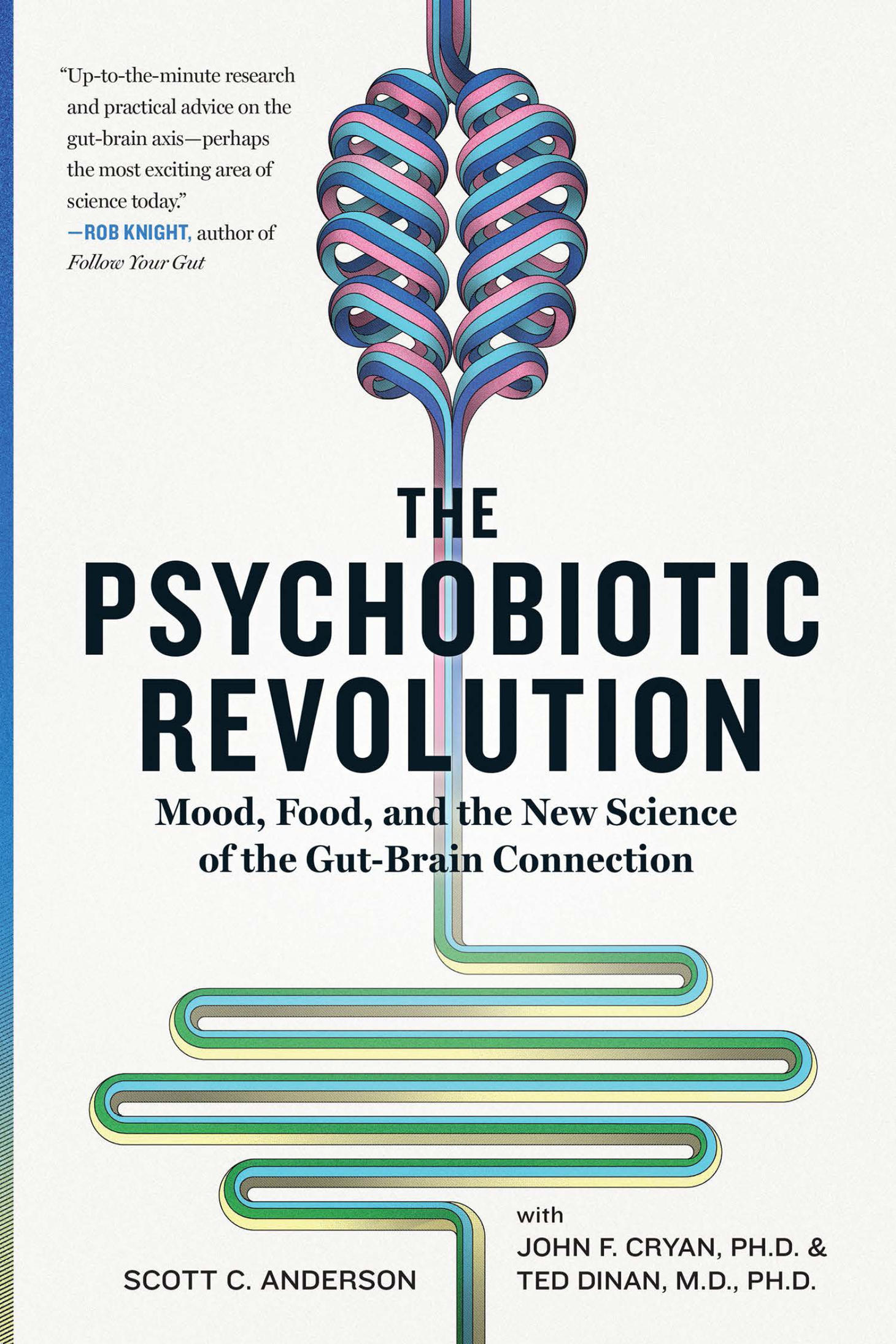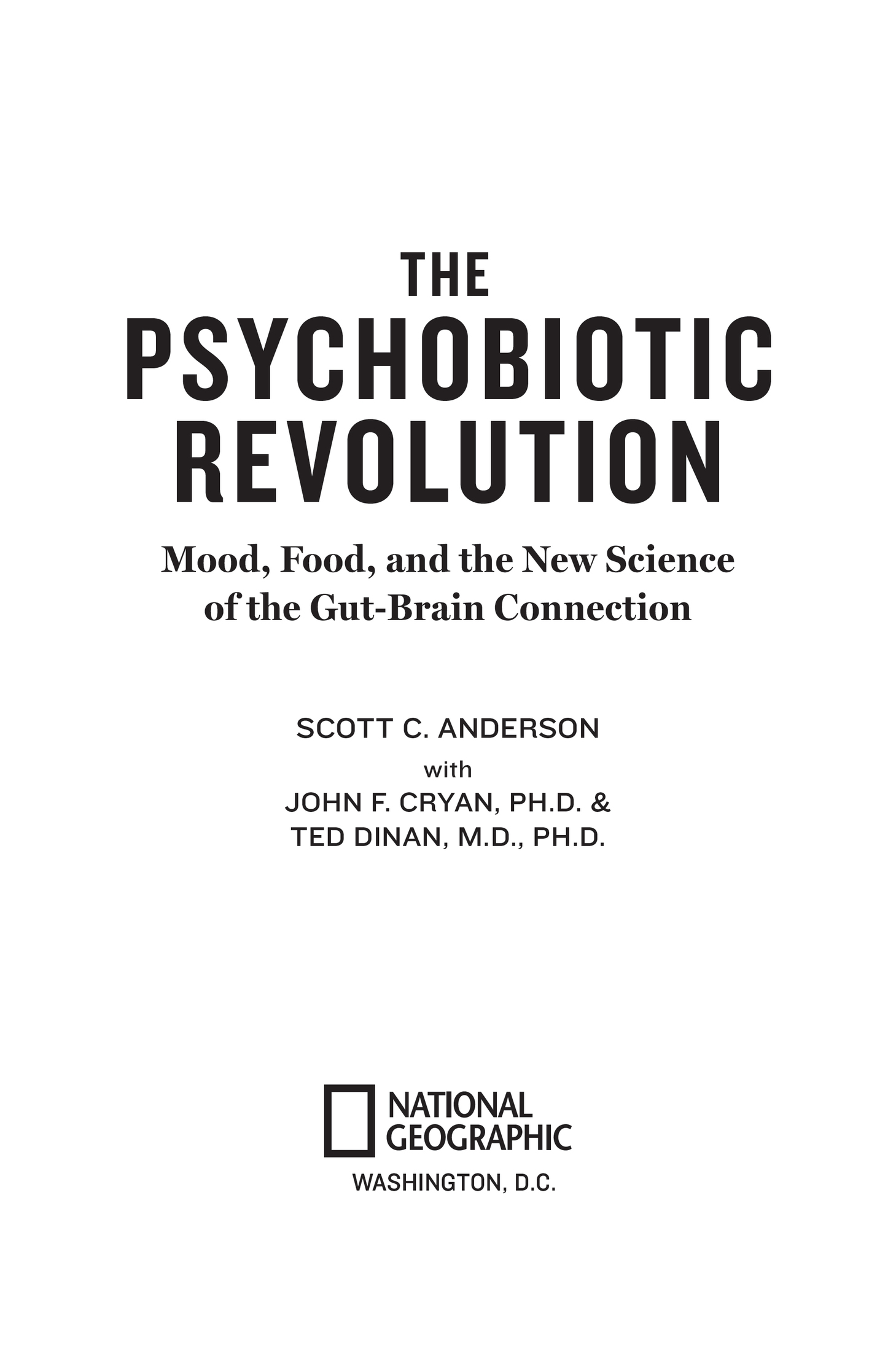Contents
Since 1888, the National Geographic Society has funded more than 12,000 research, exploration, and preservation projects around the world. National Geographic Partners distributes a portion of the funds it receives from your purchase to National Geographic Society to support programs including the conservation of animals and their habitats.
National Geographic Partners
1145 17th Street NW
Washington, DC 20036-4688 USA
Become a member of National Geographic and activate your benefits today at natgeo.com/jointoday.
For rights or permissions inquiries, please contact National Geographic Books Subsidiary Rights:
Copyright 2017 Scott Charles Anderson. All rights reserved. Reproduction of the whole or any part of the contents without written permission from the publisher is prohibited.
NATIONAL GEOGRAPHIC and Yellow Border are trademarks of the National Geographic Society, used under license.
Illustrations
Scott C. Anderson:
Scott C. Anderson and Kiran Sandhu:
Photographs
, Haisam Hussein/National Geographic Creative.
Library of Congress Cataloging-in-Publication Data
Names: Anderson, Scott C., author. | Cryan, J. F. (John F.) author. | Dinan, Timothy G., author.
Title: The psychobiotic revolution : mood, food, and the new science of the gut-brain connection / Scott C. Anderson, John F. Cryan, Ted Dinan.
Description: Washington, DC : National Geographic Partners, LLC, [2017] | Includes bibliographical references.
Identifiers: LCCN 2017030130 | ISBN 9781426218460 (hardback)
Subjects: LCSH: Gastrointestinal system--Microbiology. | Digestive organs--Diseases--Psychological aspects. | Nutrition. | BISAC: HEALTH & FITNESS / Diseases / Nervous System (incl. Brain). | PSYCHOLOGY / Psychopathology / Depression. | SCIENCE / Life Sciences / Biology / Microbiology.
Classification: LCC QR171.G29 A53 2017 | DDC 612.3/2dc23
LC record available at https://lccn.loc.gov/2017030130
Ebook ISBN9781426218477
Interior design: Katie Olsen
v4.1
a
For my wonderful kids, Brooke and Blake, who constantly
inspire me, and their amazing mother (and my awesomely
patient wife), Candyce, who stood by me throughout.
Scott
To my beloved Colleen for choosing to live in this microbial world
with me, and to our amazing kids, Oisn and Alannah.
John
To my parents, who gave me the opportunity to study
medicine; my wife/lover, Lucinda; and my three kids.
Ted
Important Note to Readers
This book is based upon research and the professional experiences of the authors. It is made available to the public with the understanding that it is not intended as medical or other professional advice to the individual reader. You should not use the information contained in this book as a substitute for the advice of a licensed health care professional. You should check with your licensed health care professional before using the probiotics described in this book.
To the best of our knowledge, the information provided is accurate at the time of its publication.
The authors and publisher disclaim any liability whatsoever with respect to any loss, injury, or damage arising directly or indirectly from the use of this book.
Mention of specific products, companies, or organizations does not imply the authors and publisher of this book endorse such products, companies, or organizations.
CONTENTS
PREFACE
A RE BACTERIA CONTROLLING YOUR BRAIN? I T SEEMS ABSURD! Bacteria are so ridiculously tiny that you could fit a thousand of them into a single human cell. And yet, microbes seem to have superpowers. Flesh-eating bacteria can mow a human down in mere days. The Black Death brought down entire civilizations. Could such a primitive creature take the reins of our exquisitely evolved human minds? The answer is yes. Just as scientists are learning more each day about the trillions of microbes living inside you, so they are also discovering that some of these microbes can actually commandeer your mind, control your tastes, and alter your moods.
In 2004, I set up a lab for a company in Ohio, and started to design and analyze animal experiments on gastrointestinal (GI) problems like colitis. I did a lot of reading into the scientific literature about the relationship between gut health and disease. An association between gut health and mental health was always noted in these studies. As I focused on articles about gut bacteria that had a psychological angle, I learned of the work of Ted Dinan and John Cryan, two of the leading researchers in this field. In fact, they are the ones who came up with the new word to name the microbes that can improve your mood: psychobiotics. These microbes are major players in the gut-brain axis: the communication between your gut and your mind.
I soon recognized how incredibly productive Cryan and Dinan are, together having written more than 400 peer-reviewed articles in this decade alone. John Cryan is chair of Anatomy and Neuroscience and Ted Dinan is head of the Department of Psychiatry, both at University College Cork, Ireland (UCC). Together they are the principal investigators at UCCs APC Microbiome Institute, where they manage a team of young, bright investigators who have come from all over the world to join them in this groundbreaking research.
Cryan and Dinan are leading a revolution that is upending long-held doctrines in almost every branch of biologyand that can have profound effects on the decisions we make to stay healthy and treat disease. When I decided to write a book about psychobiotics, I knew who my guides should be. I contacted the good doctors by Skype, and we started a dialogue that ultimately led to a delightful fish and champagne dinner in Corkand the book you are now reading.
In this book, I will be your primary narrator. While I guide you through the basic biology, John Cryan and Ted Dinan will take you into their labs. When they take over the narrative, it will look like this:
In neuroscience and medicine, were conditioned to think of only what is happening above the neck in terms of the regulation of our emotions, but this is changing. Research, including that being carried out by us in the APC Microbiome Institute at UCC, is literally turning this concept upside down. Were beginning to fully realize the importance that gut function and the food we eat have on our mental well-being.
Thats Cryan and Dinan speaking. You will hear their voices throughout, as they bring their research to life. In some cases, theyll be quoting directly from their published research; in other cases, theyll be commenting on promising work in the field. Their psychobiotic theories permeate this book, as do the theories of dozens of other researchers who have been finding a similar connection between gut microbes and the brain. Cryan and Dinan have patiently vetted this entire tome; it has been a wonderful collaboration that we all hope will put our readers into the best possible mood.
Scott C. Anderson
CHAPTER 1
MEET YOUR MICROBES
If microbes are controlling the brain, then microbes are controlling everything.



